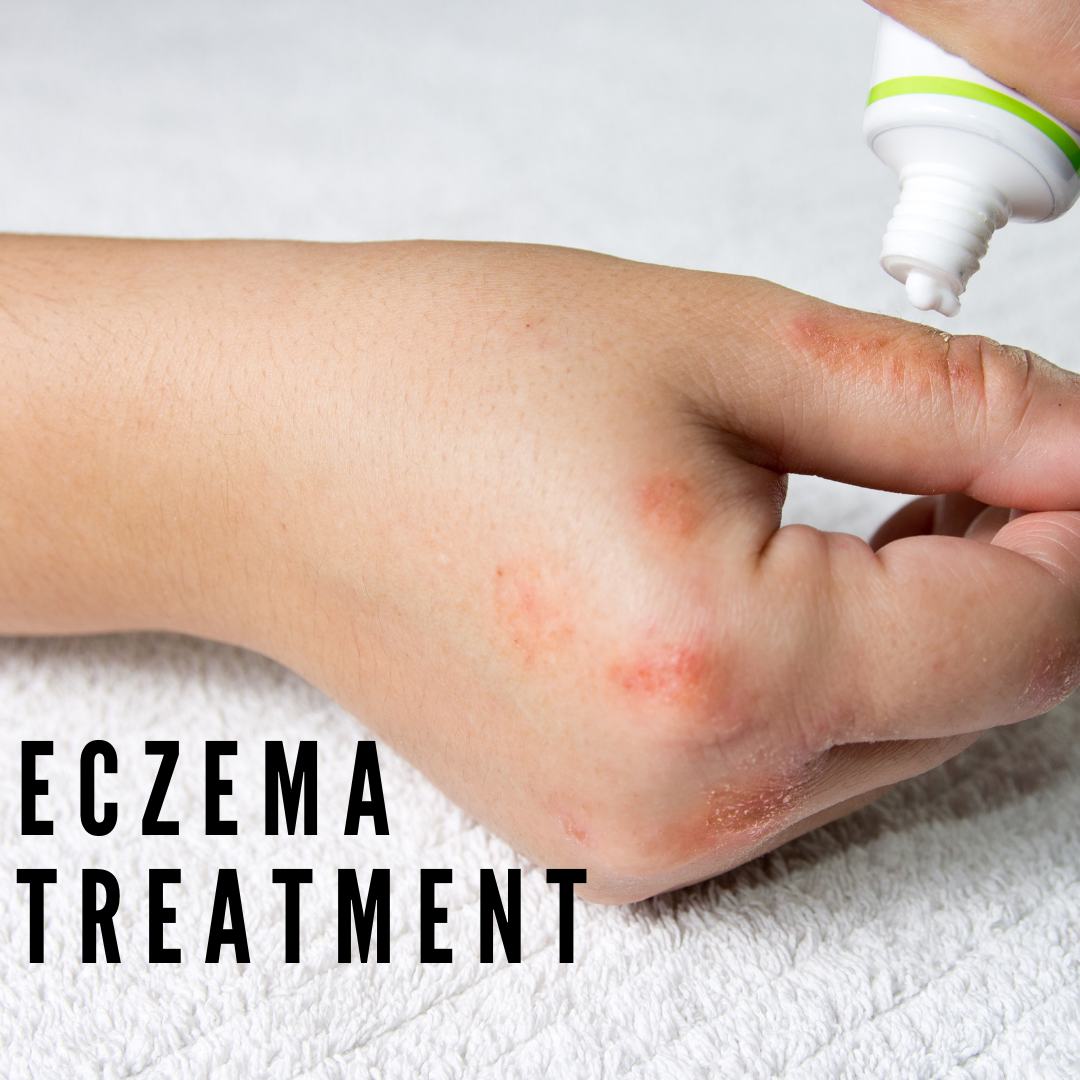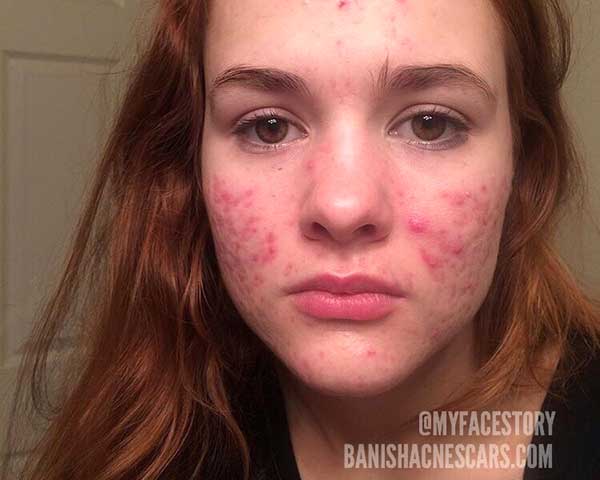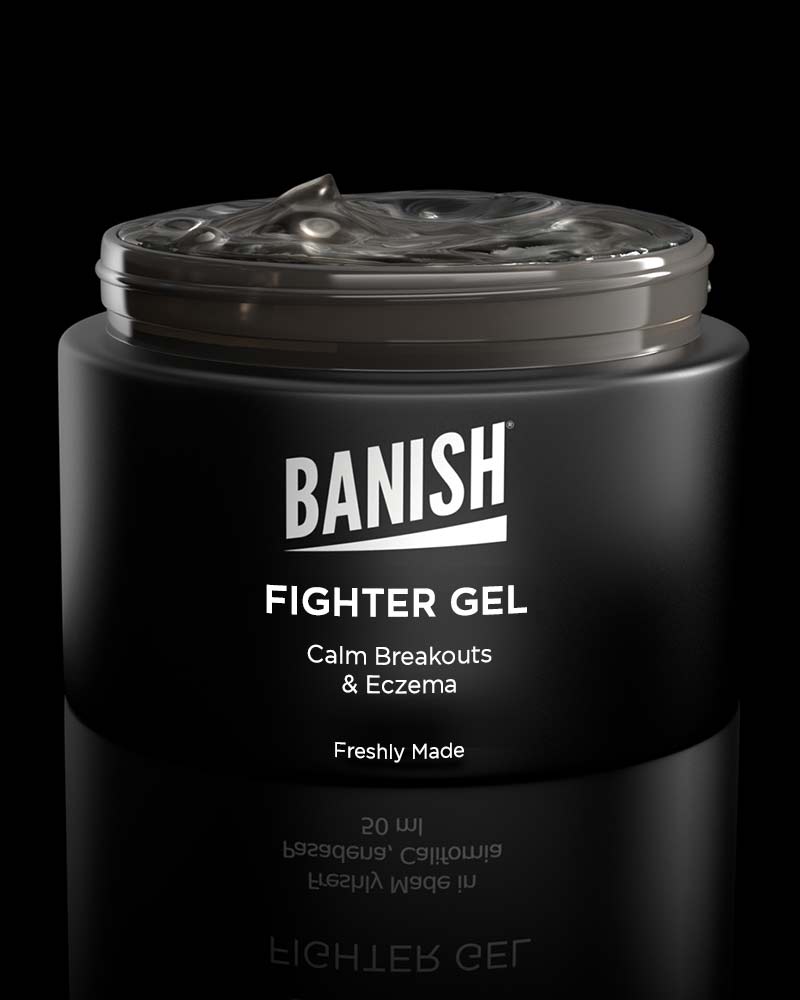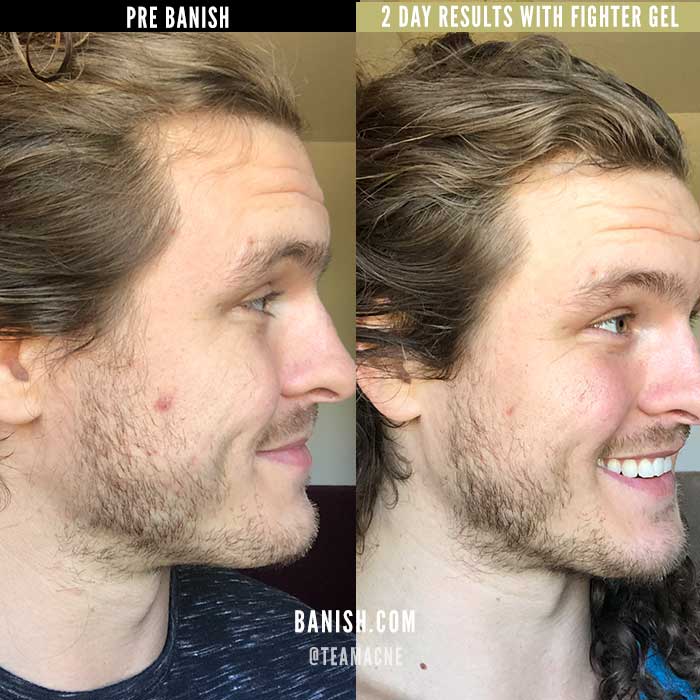What's Eczema?
Eczema is a condition where parts of the skin become itchy, inflamed, red, and rough. Affected areas of eczema usually appear very dry, thickened, or scaly.
For fair-skinned people, these areas may initially appear reddish and then turn brown. While for darker-skinned people, eczema can affect pigmentation, making the affected area darker or lighter.
Treatment focuses on identifying and removing triggers, healing damaged skin by repairing the skin barrier, and reducing the symptoms. There is no known cure for eczema, but symptoms can be controlled and for some, eczema won't show up again for many years.
Eczema Treatment
Since eczema is caused by environmental triggers, and a damaged skin moisture barrier, treatment involves removing the triggers that cause the skin reaction in the first place, then healing and hydrating the skin.
The most common symptom for all kinds of eczema is the cracked, dry skin and the intense itching. The physical scratching from the itching can spread the rash and make eczema worse.
Some eczema treatments may not have the same effects on everyone, though. You may have to try out different options to see what works best for your eczema.
Figure out what ingredient your skin is reacting to.First, it's best to figure out what ingredient or ingredients your skin is reacting to. Eczema is typically due to an allergy creating a strong immune response.
If your skin keeps getting into contact with the culprit trigger, reactions will continue to occur.
If you can't pinpoint it yourself, you may consider the help of a dermatologist or allergist to help you.
1. Use A Mild Sulfate and Fragrance Free Soap or Cleanser
If you recently switched your personal care shampoos, cleanser, or handwash you should consider switching back. When buying a new cleanser or soap, look for something sulfate free, and fragrance free with few ingredients.
You’ll also want a good moisturizer in cream, lotion, or ointment form. Apply it on right after a shower or bath. There are basic cleansers that gently remove dirt without irritating sensitive eczema skin.
2. Moisturizers to repair the skin
Skin experts recommend treating eczema with moisturizers and creams that help protect the skin’s moisture barrier since it is weakened from eczema.
Again, stick to fragrance free moisturizers with simple ingredients.
Moisturizing ingredients to look for in a moisturizer include: Glycerin, ceramides, gotu kola, certain oils such as jojoba oil which is similar to our skin's naturally produced oil, or avocado oil which is highly moisturizing with anti-inflammatory properties and recommended for eczema.

3. Short, warm showers
Very hot or very long showers or baths are not recommended. They can dry out your skin.
3. Get an air humidifier
Dry air can be stressful for your skin and also trigger eczema. A humidifier can also help ease the symptoms of dry skin, and itchy skin.
4. Relief From Itching
Colloidal Oatmeal
Oatmeal can also reduce inflammation to relieve symptoms like itching and dry skin. You can do colloidal oatmeal baths for a few weeks if the eczema is on wide areas of your body.If the eczema is in a small area and a bath doesn't make sense for your case, you can look for a product that contains colloidal oatmeal extract.
You can also do an oatmeal soak in a large bowl to dip your hands into if your eczema is only located on your hands.
It's safe to do an oatmeal bath for 10 to 20 minutes at a time,1 to 2 times a day.
Peppermint Oil
Research shows that peppermint oil can provide relief for chronic itching in patients. You may use a product that contains peppermint oil on the skin where the ingredient is properly diluted, but never put pure peppermint oil on skin as it can burn when too concentrated.
Antihistamines.
It won't stop a flare-up, but they may be able to relieve some of the itching. Ones you take by mouth are available over-the-counter and may help relieve symptoms. Look for options that won't make you drowsy like cetirizine loratodine, Fexofenadine, or Levocetirizine.
Corticosteroids
Your doctor may prescribe these if other treatments don’t work. They can be oral for severe cases or topical.
Always follow your doctor's directions when taking steroids by mouth.
Corticosteroids are used to treat flare-ups of eczema. They are applied directly to the affected areas of skin (as creams or ointments, for example) to reduce inflammation and itchiness and work by decreasing the immune system response, so there are side effects and these should only be used short term as directed by a doctor.
Recommended Product:
Contains a form of organic sulfur called MSM. This ingredient fights inflammation, redness, dry flaky skin, acne, eczema, and psoriasis.
Sulfur has also been used for centuries as a treatment for many skin conditions, such as fungal infections, scabies, psoriasis, eczema, and acne.
Methylsulfonylmethane or MSM found in the fighter gel strengthens the skin as sulfur is known in forming or stimulating collagen throughout the body.
Also contains Organic Gotu Kola, or Centella asiatica. An ingredient that works for eczema, psoriasis, stretch marks and accelerates wound healing.
Along with the skin repairing ingredients, this gel contains peppermint oil to relieve pain and itching. There's some research that it provides relief for chronic itching, a main symptom of eczema.
Eczema symptoms can be different for everyone. Not everyone will respond to a treatment in the same way, so it’s best to familiarize yourself with all of the options available to know what works for you.
Those fighting with eczema are not fighting alone. There are millions of others who struggle with it. If you are having an eczema flare, we hope these tips help you get through it!


























Leave a comment
All comments are moderated before being published.
This site is protected by hCaptcha and the hCaptcha Privacy Policy and Terms of Service apply.